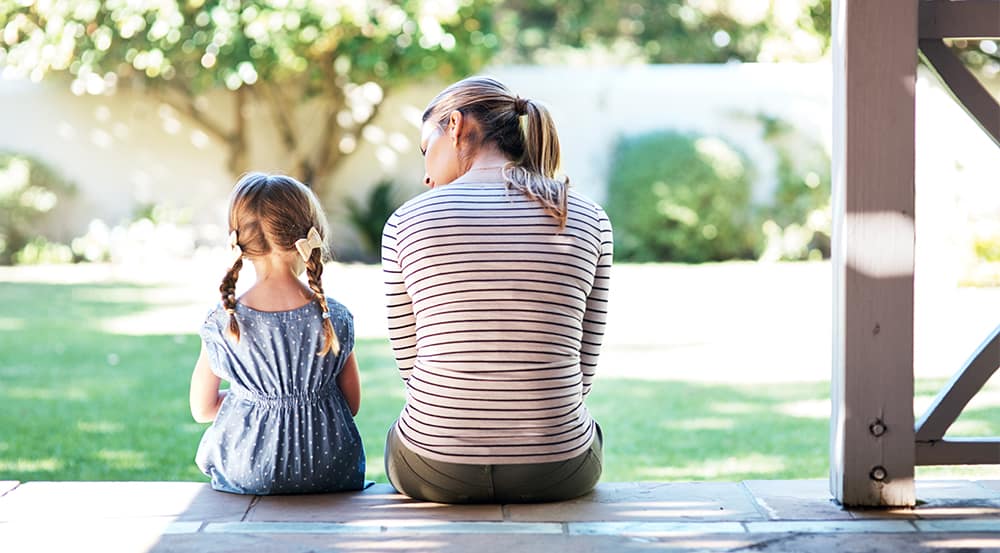While some people do stay in their starter home, most of us move on. And while that second house might be your dream home, it’s still hard to leave those memories behind.
First homes, particularly those that you have occupied yourself, can be filled with other ‘firsts’. Maybe you brought your newborn babies through the front door. You could have even gotten married in your backyard.
From birthday parties to nights spent watching the stars from a balcony, it’s probable that your property may have been the site of many a happy memory.
If you’re finding it hard to move on, there might be another option. You could keep your first home as an investment property, allowing you to build wealth at the same time as moving on.
But is it the right decision for you?
You’ll have to let go a little
If your instinct is to keep the property because you want to preserve the fond memories of living there, be wary. Seeing it with new tenants in, as well as their furniture and decor, might be a bit of a shock. Even the most careful tenants are likely to cause some wear and tear, and it’s natural that they’ll want to change things around a little. If you’re too close to the property, that might be harder to see than leaving it behind altogether.
If you do go this route, it’s a good idea to engage a property manager to do regular inspections so that you can keep some distance. Keep your reason for moving top of mind and stay solutions-focused.
Make sure the numbers work
If you’ve owned your first home for a while, it’s likely to have a smaller mortgage and therefore bring in positive cash flow via the rental payments. Be aware, though, that if your rental income exceeds the costs of running the property, you’ll pay tax on that money.
Meanwhile, the mortgage payments on your new house – your primary place of residence – are not tax deductible. If you’ve kept your first house rather than using the proceeds of sale for a larger deposit, this mortgage is likely to be higher.
Sit down with your financial advisor and run the numbers before committing. It might be that you’re better off selling, reducing your PPR mortgage, and then buying an investment property with a higher mortgage down the track.
Understand Capital Gains Tax
If you rent out your principal place of residence and then sell it down the track, it may attract capital gains tax (CGT) on the proceeds. By contrast, a home that’s only been used for you to live in is CGT exempt. The amount of CGT will depend on a number of factors, including the period of time in which it was rented, so check with an accountant to get a definite answer.
Is the home rentable?
If you bought your starter home to live in, the chances are that you weren’t thinking of its broader appeal. If your home is quirky, or not near public amenities, it might be trickier to find a tenant than a more mainstream dwelling. Don’t assume that because you enjoyed living there, everyone will want a chance!
Your local property manager could gauge the demand for you, advise on market rental in the area and turnaround time for applications. Investigate the demand and if and how your property could tick all the right boxes.
Will it need renovations?
When we’ve lived somewhere for a while, it can be easy to become blind to its little faults. Perhaps the kitchen is worn, or the carpets starting to show through. To get the property up to a rental standard, you might need to spend some money doing it up. Landlords must make sure that their rental property is habitable and compliant with safety codes, which may have changed since you bought the house yourself.
It’s worth understanding what you’re up for before you make the decision. Your property manager can assist.
For many, keeping your first home and moving on can be the best of both worlds. Do your research and see if it’s right for you.
